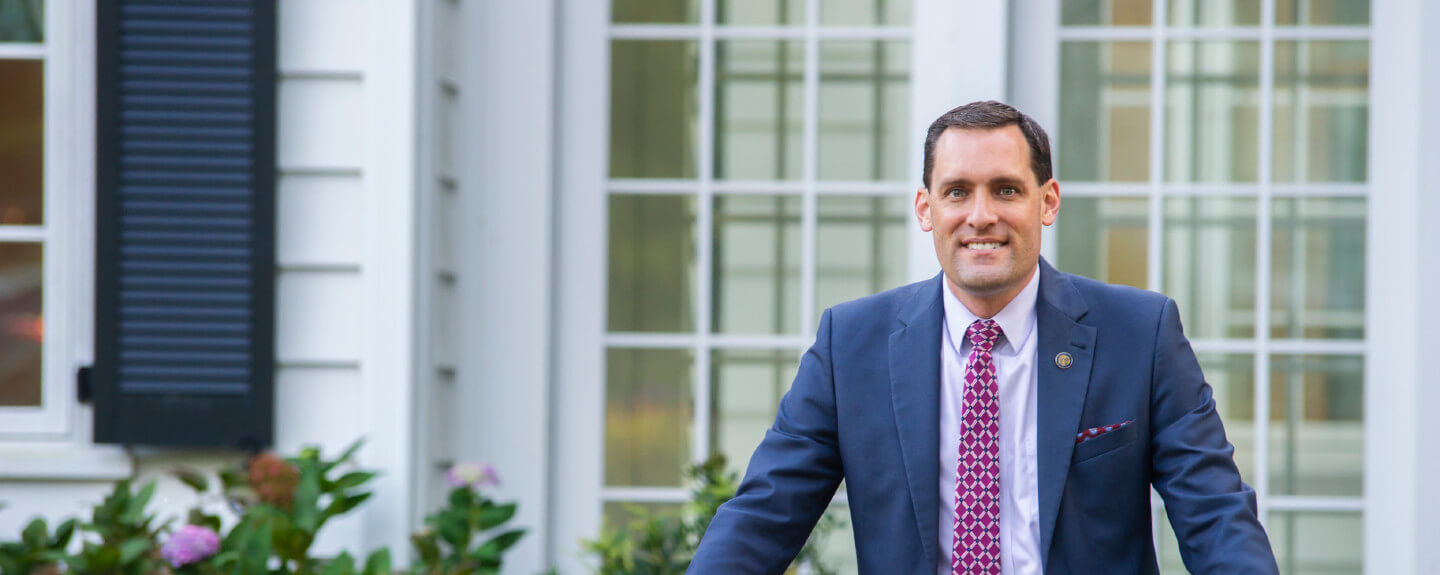Public Servants Listen
Recently, my mother chided me for making a self-deprecating joke about being a “politician.” She told me that I should hold myself to the standard of being a “public servant.” Since then, I’ve been thinking a lot about what that means.
I think that one major distinction is that politicians talk and public servants listen.
Elected officials will never be able to make everyone in a community happy, but when you listen there are always opportunities to find common ground. When people write to me to express an opinion on hot button political issues, it is inevitable that some of them will find that I do not agree with their perspective. In my reply messages to those constituents, I often say something like “Please continue to write to me because I am sure that there are other issues on which we will find agreement.” I truly believe that.
When I listen to constituents of House District 50, I find that much of what they want to talk about are local issues. As a public servant, I want to be able to help people address those issues even if they aren’t the topics making daily newspaper headlines. Here are a few things I’ve been hearing about recently.
Rural Broadband
Orange and Durham Counties continue to have large areas that have inadequate broadband access. I hear concerns about this frequently from rural residents, often with the frustration that what service is available is far too slow or unstable.
I am working across party lines in Raleigh to build support for a statewide approach to universal broadband access. But that work has been slowed by a lack of will to invest the public resources that would be required to solve this problem for rural areas of our state.
In the meantime, I am collaborating with Orange County to identify local solutions. We have collaborated on a mapping project to identify areas that need broadband enhancements. We recently met with CenturyLink to explore how they will use federal grant funds to enhance broadband access to at least 900 households by 2020. We are also looking into ways to offer wireless broadband in areas where the telecoms will not lay cable.
Caring for Aging Adults
I recently served on a statewide task force studying dementia-related illness in North Carolina. Simultaneously, I also became more aware of the many families in our community who are struggling to care for aging relatives with a wide variety of needs. I have heard dozens of stories about the difficulties of aging, as well as the challenges of caring for someone who is aging.
Last year, I was able to pass a bill that made it easier to transfer adult guardianship across state lines, but I was unable to pass another bill that would have given family leave to people caring for aging relatives. That second bill would have helped far more people.
Last week I spent a morning delivering lunches with Meals on Wheels and talked to a series of homebound elders. I had been warned that I would see some poor living conditions in the midst of our affluent county, and it was true that I did. But what hit me the most was the loneliness that I heard from people. I’d been working on issues related to caregivers, and here I was finding people who seemingly had no one to give care.
Mental Health Services
My office frequently hears from people who are struggling to find mental health services for someone in their family. Our mental health system has too few resources, and too many people end up in emergency rooms or jails when dealing with mental health crises.
Sometimes a call from my office to an insurance company is able to free up some resources to help someone in need. But the system shouldn’t work that way.
I recently attended a meeting of a statewide mental health consumer advocacy group. At the meeting, an insurance executive explained proudly that his company had accrued a $200 million reserve fund. I was incredulous. The funding was collected from taxpayers and was supposed to be used to provide mental health services.
The next week, a mental health provider called me to complain about that same insurer refusing to pay her for services provided. Again, the system shouldn’t work this way. I gave the executive an earful, and I’m working on legislation that will force his company and others to provide the services we expect of them.
Sometimes people concerned about an issue start by telling me “I know you know this already…” The truth is I usually don’t know. To know, I have to listen. To serve, I have to stand up for those voices that aren’t being heard.
Graig Meyer is the State Representative for House District 50, covering portions of Orange and Durham Counties. He can be contacted at graig.meyer@ncleg.net.

